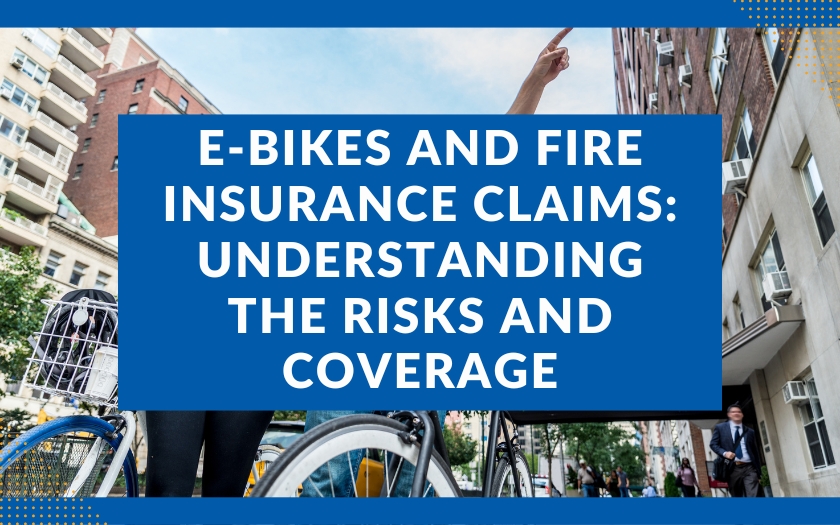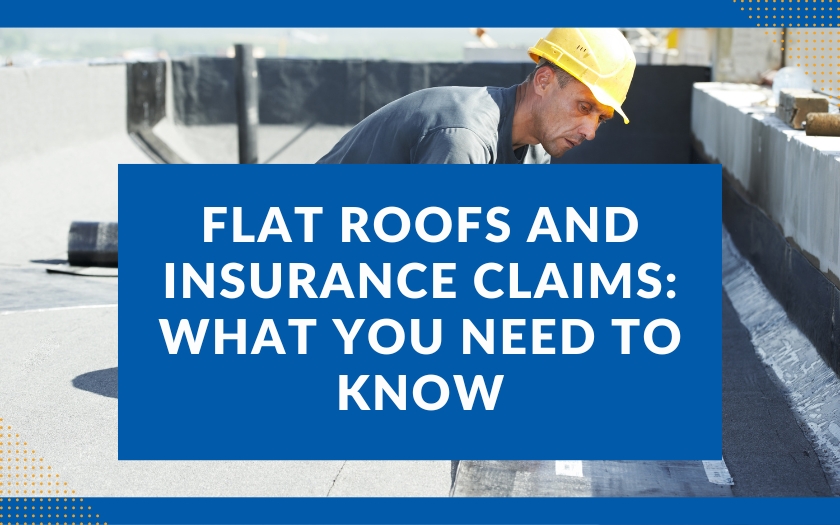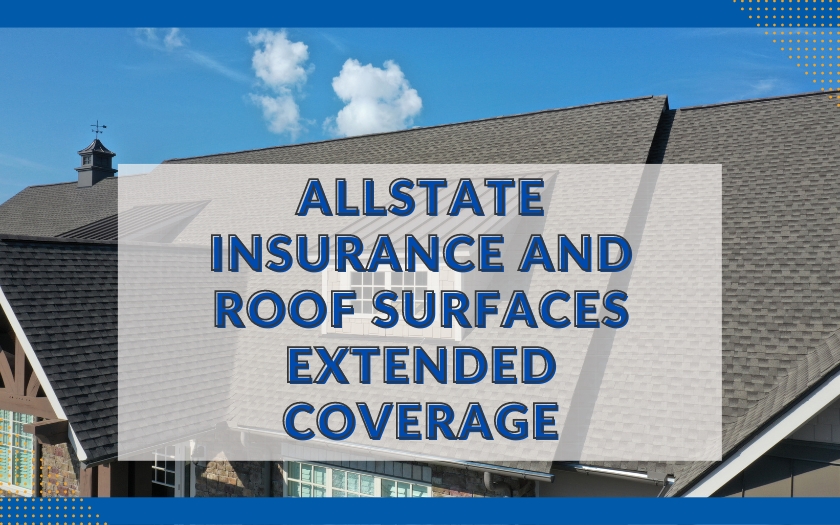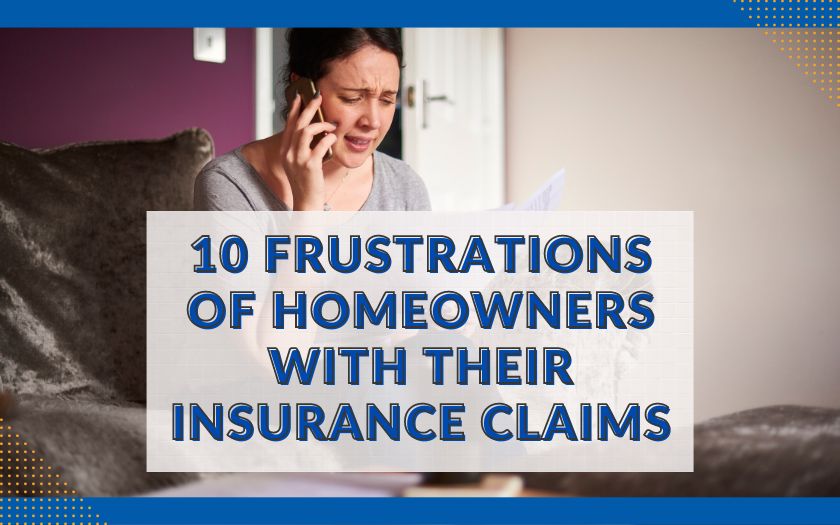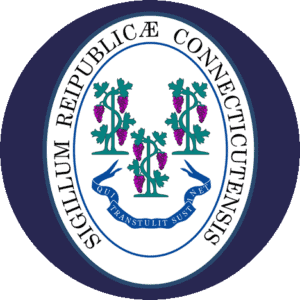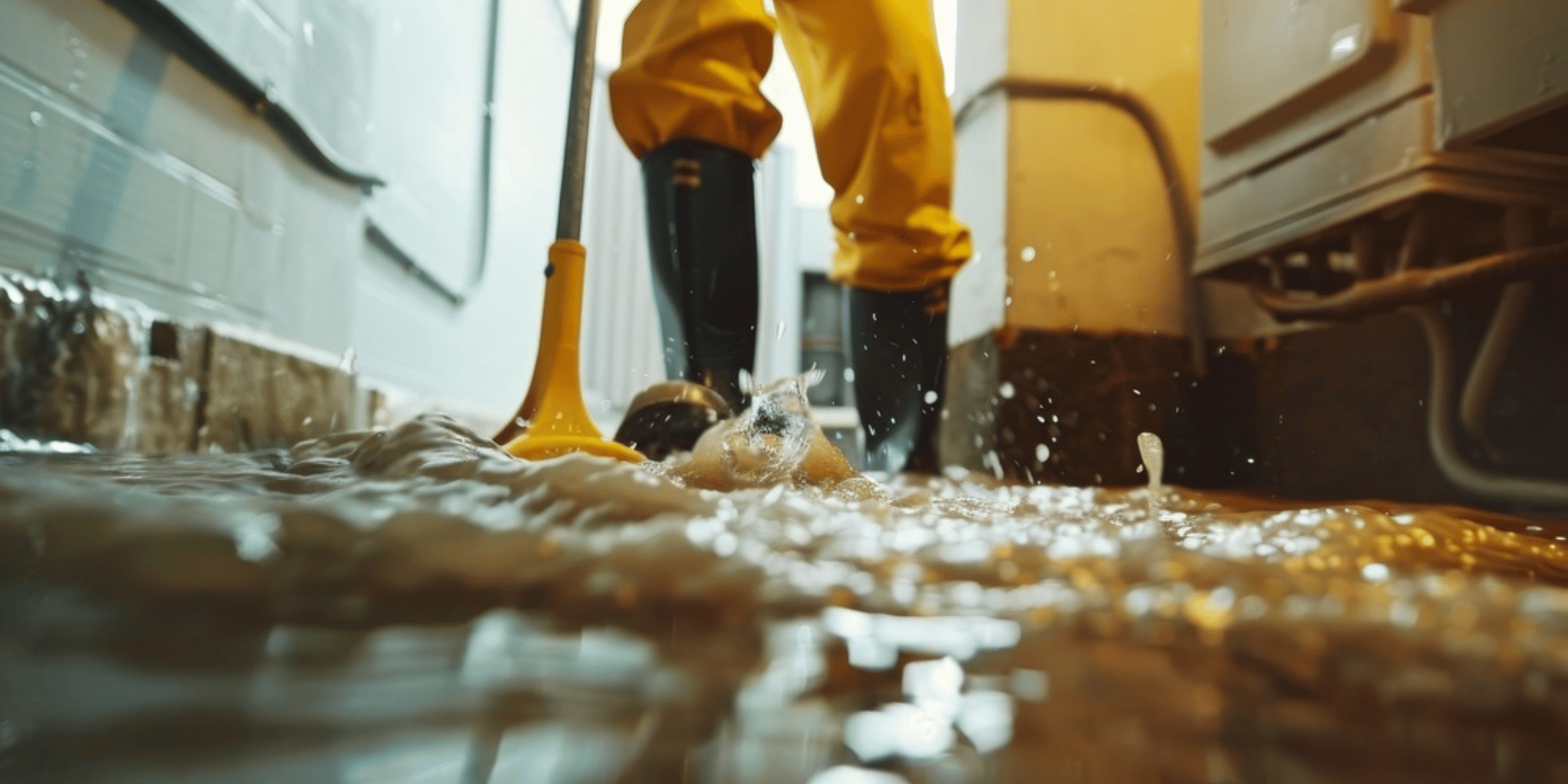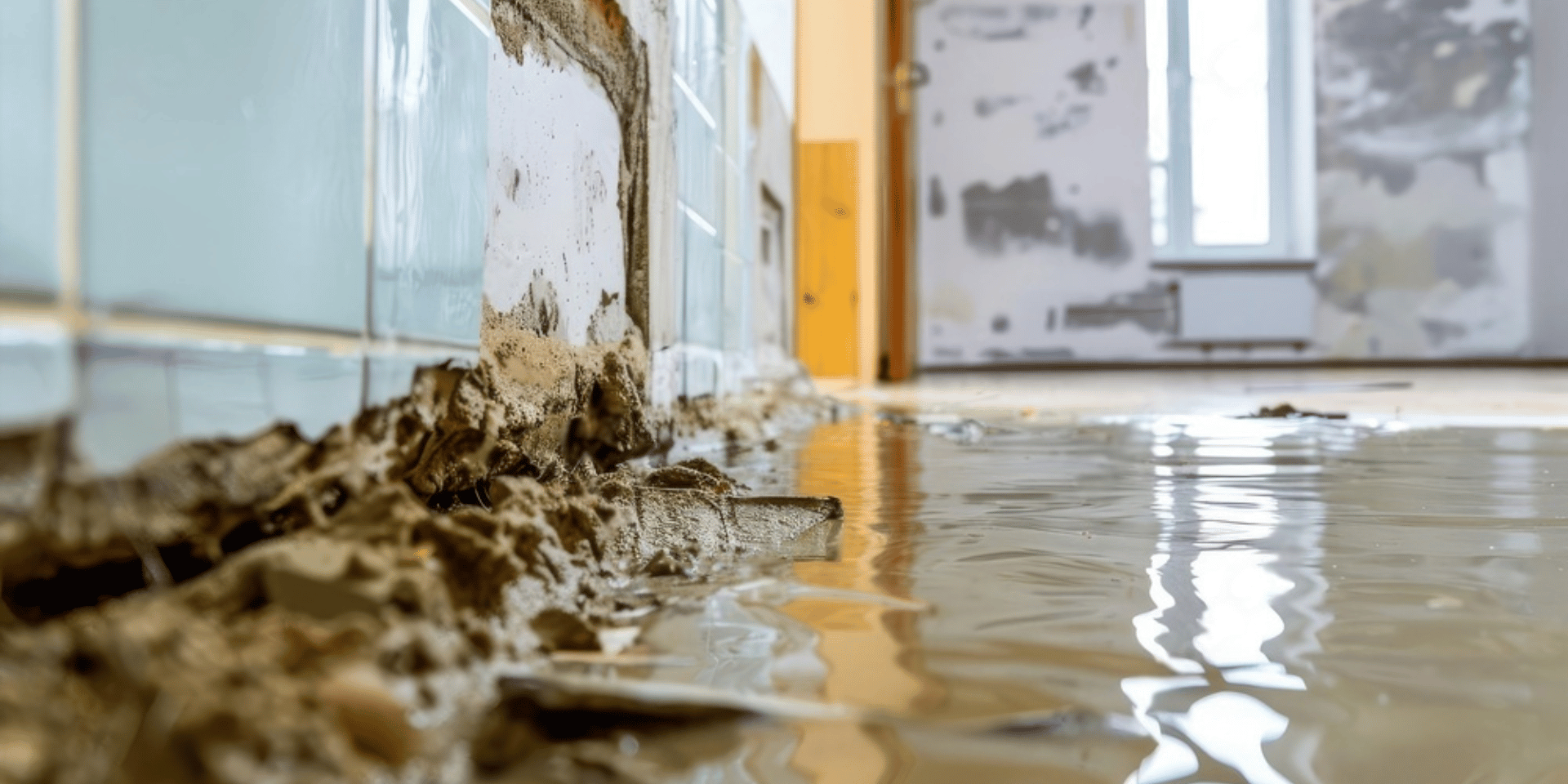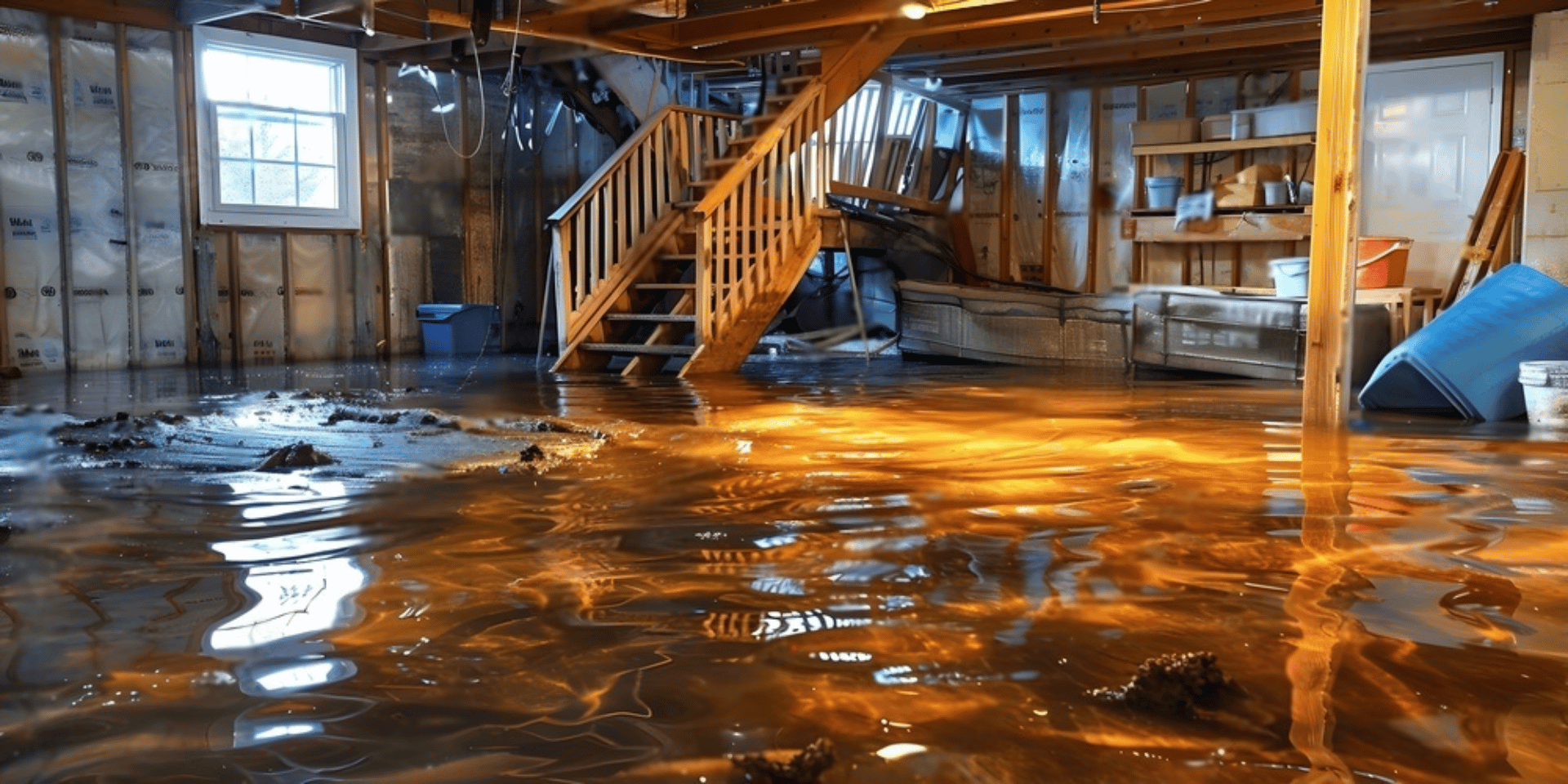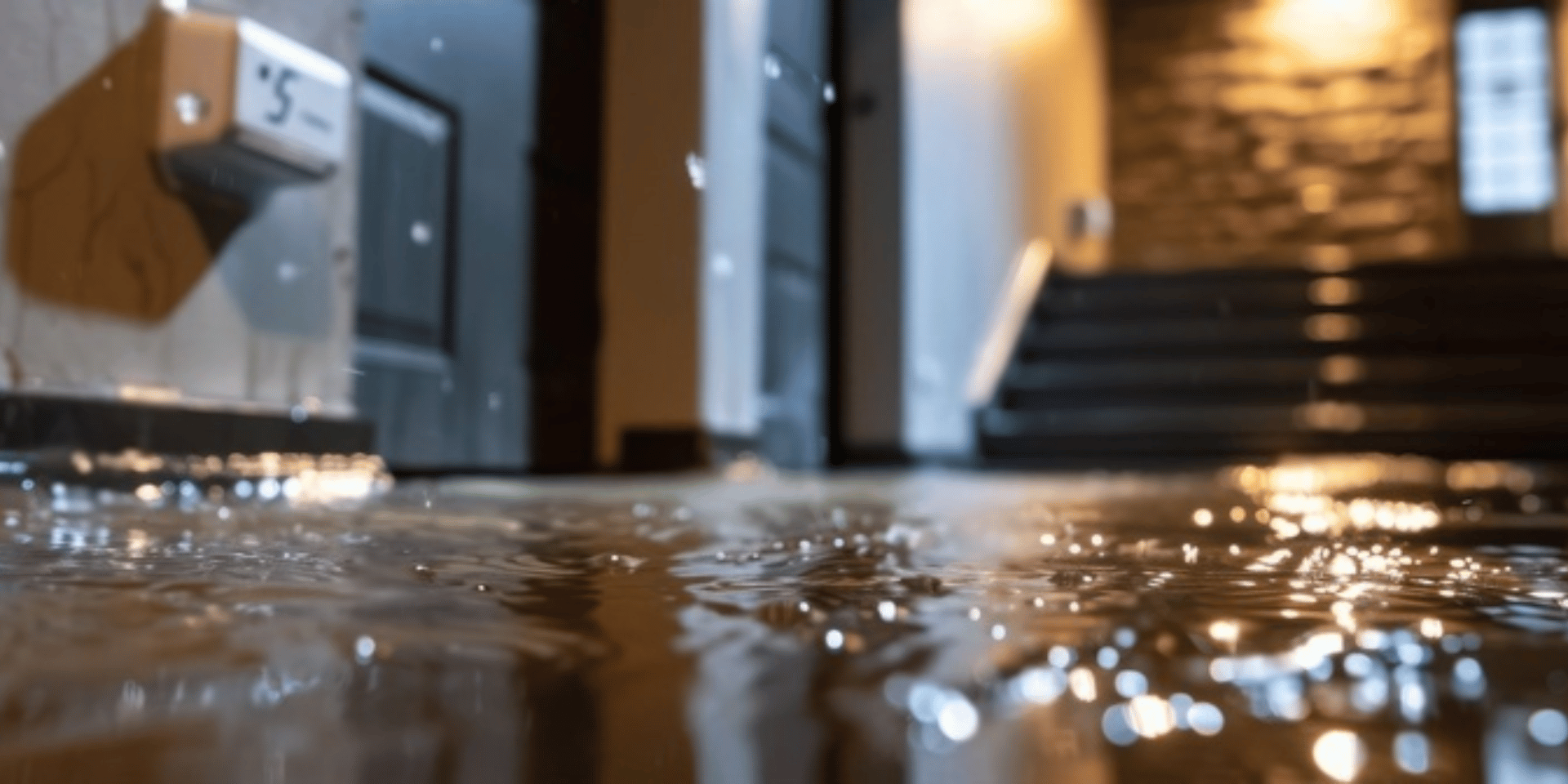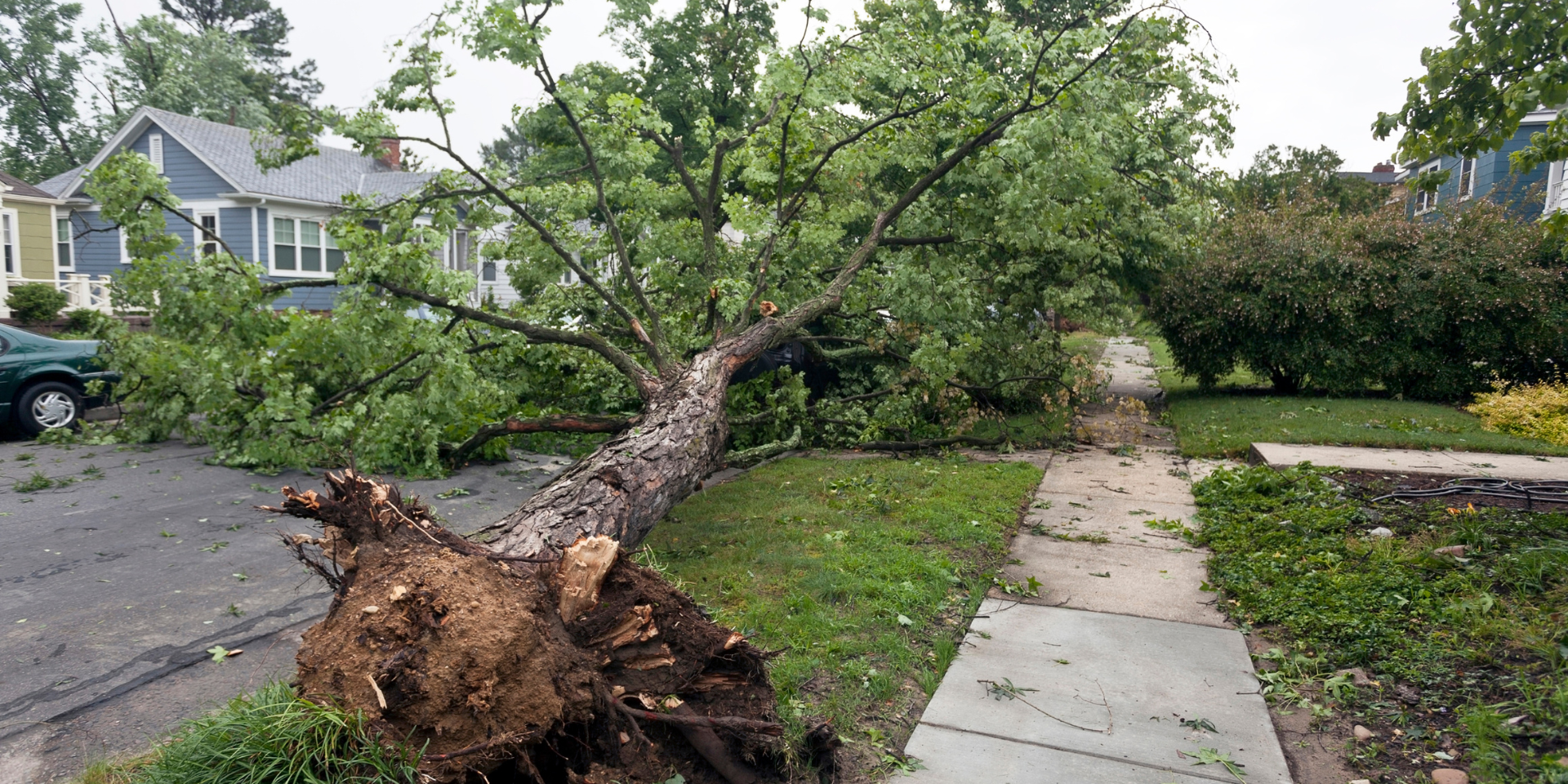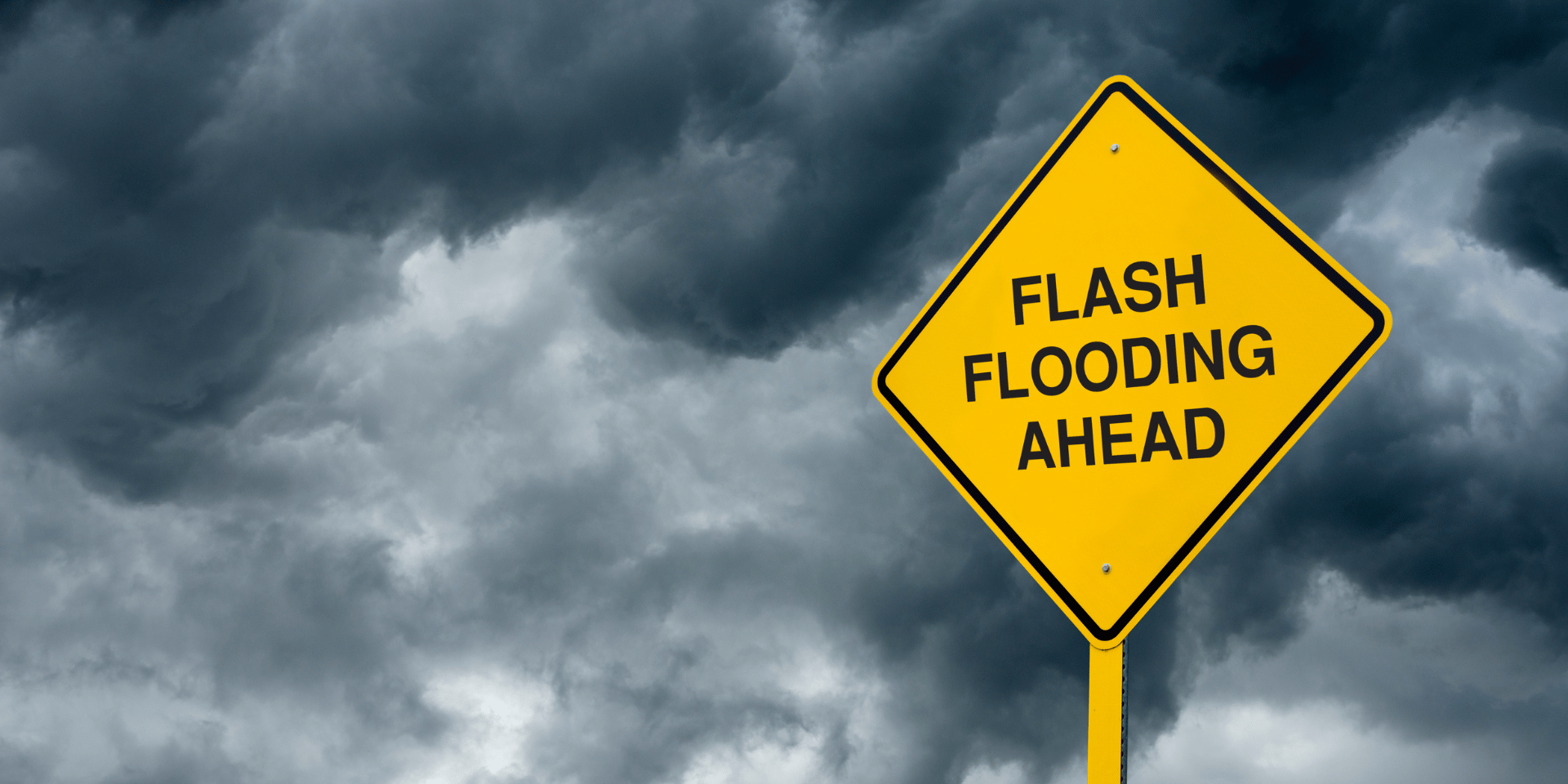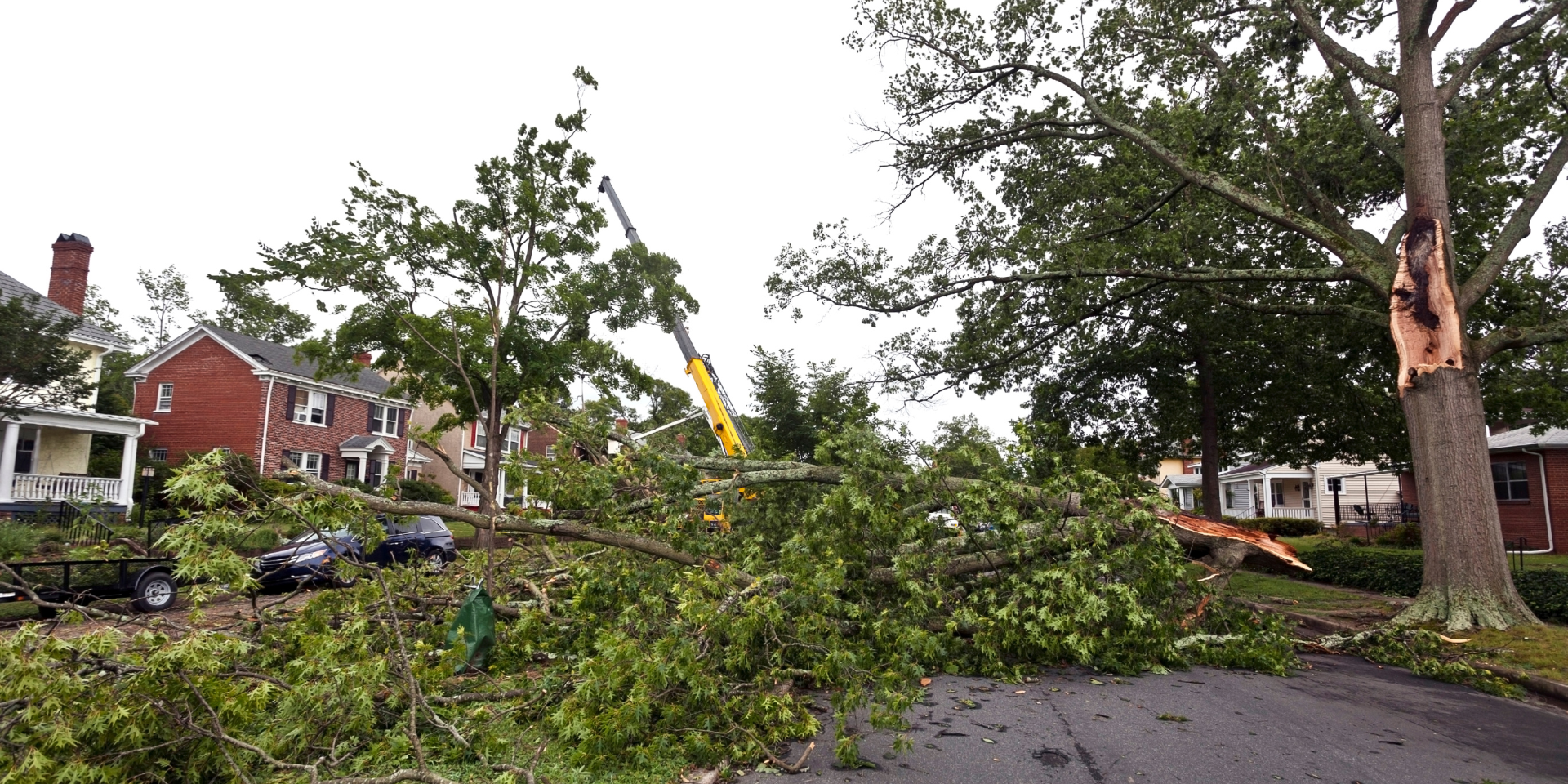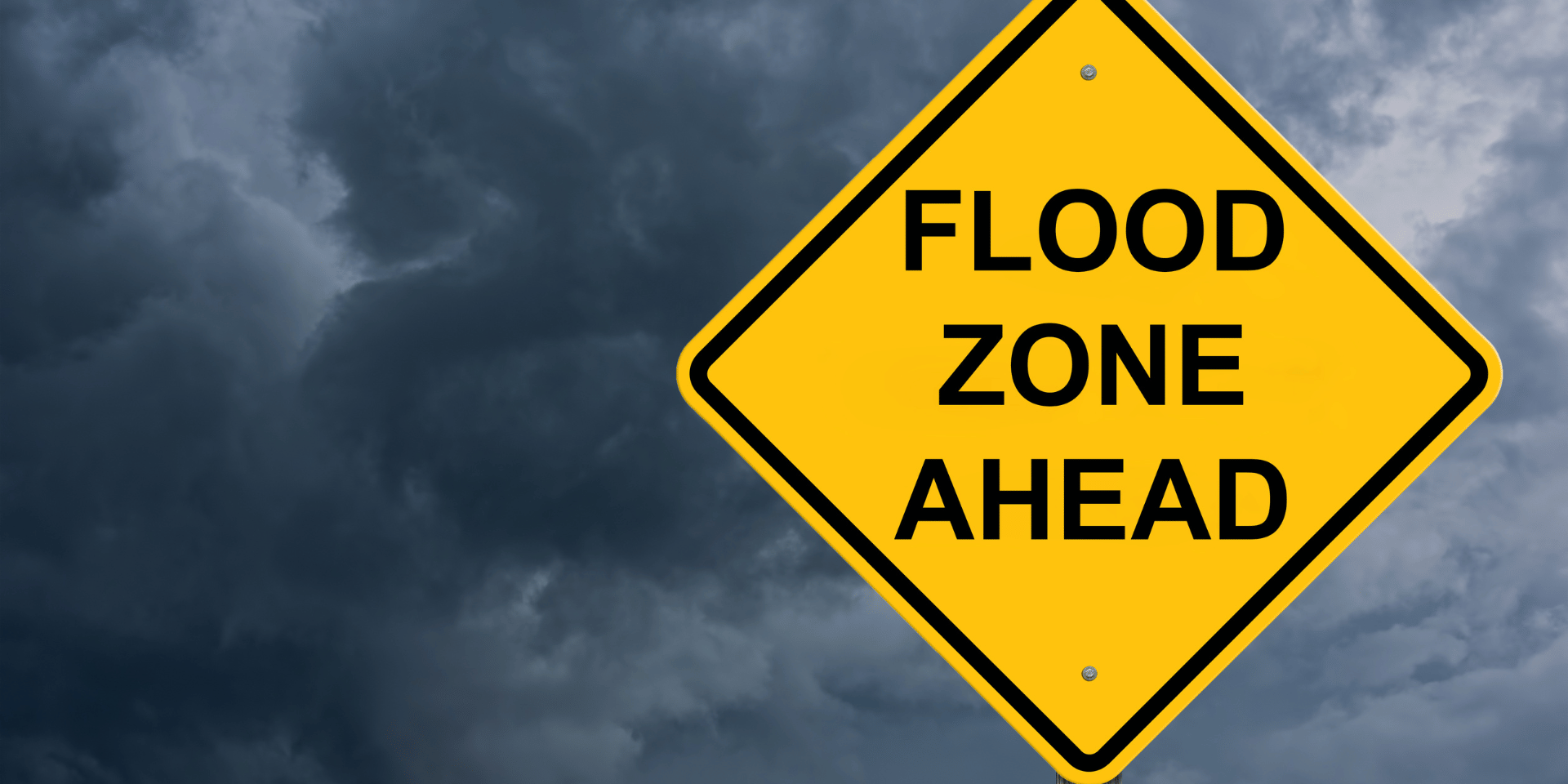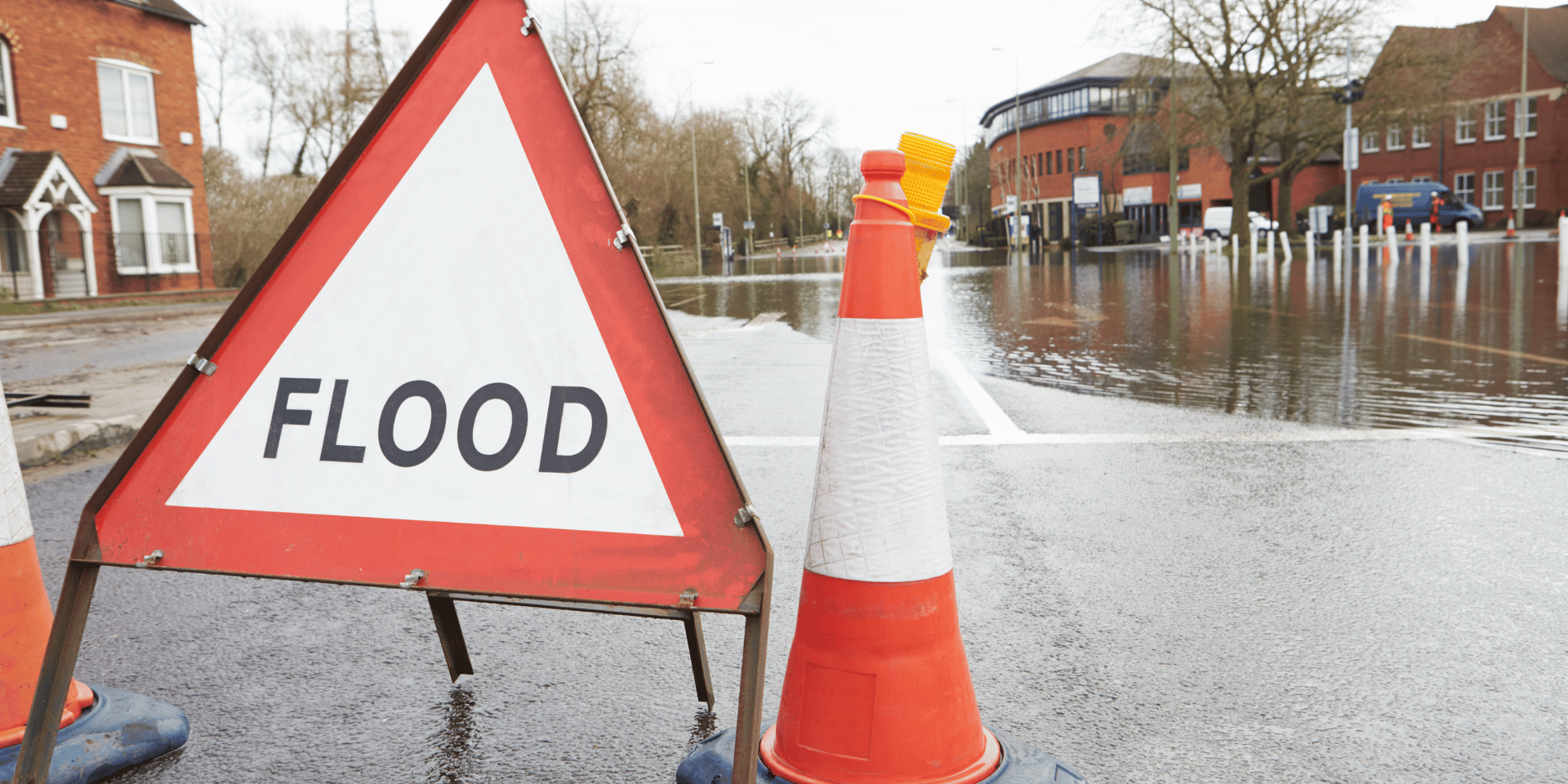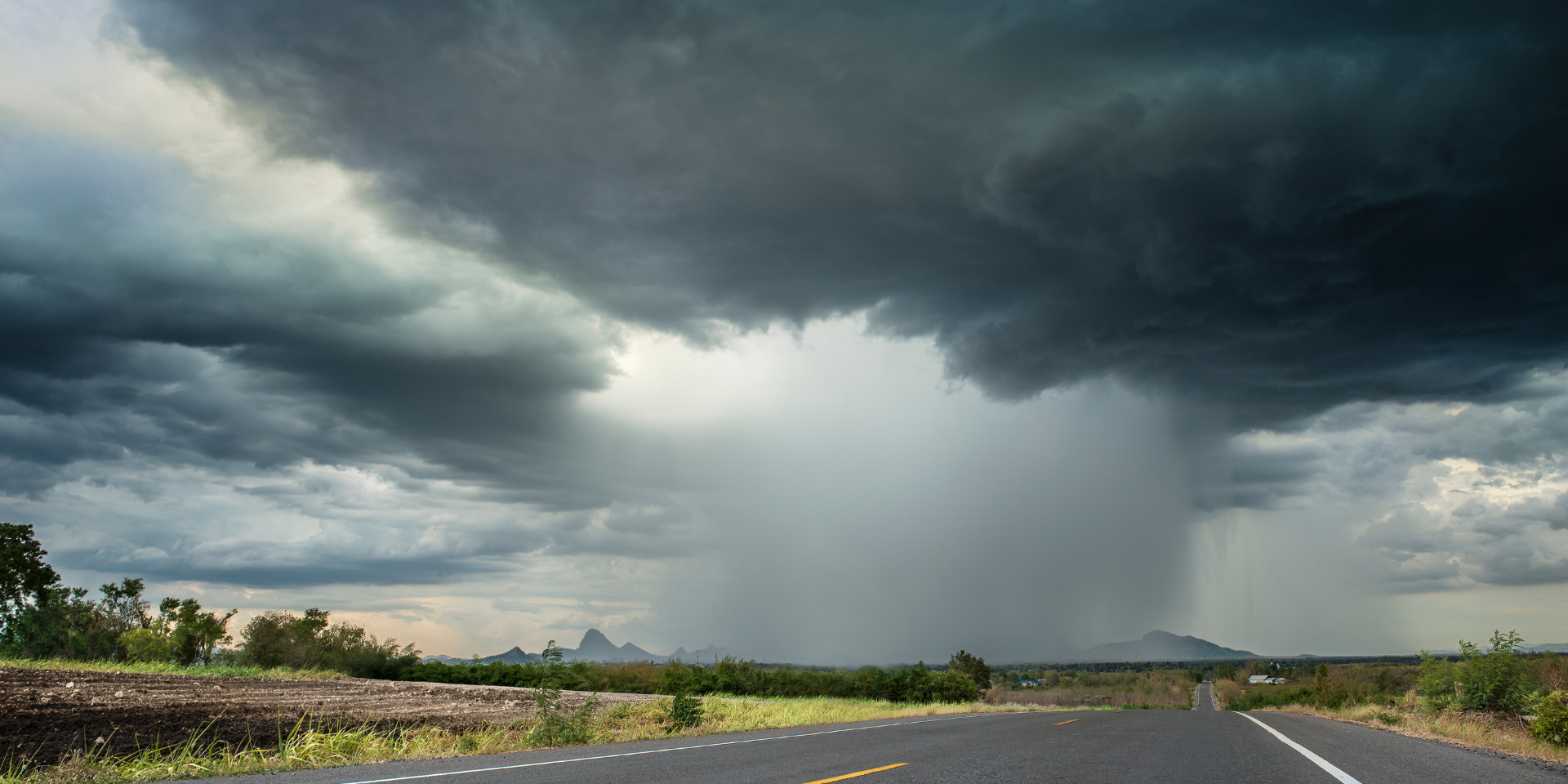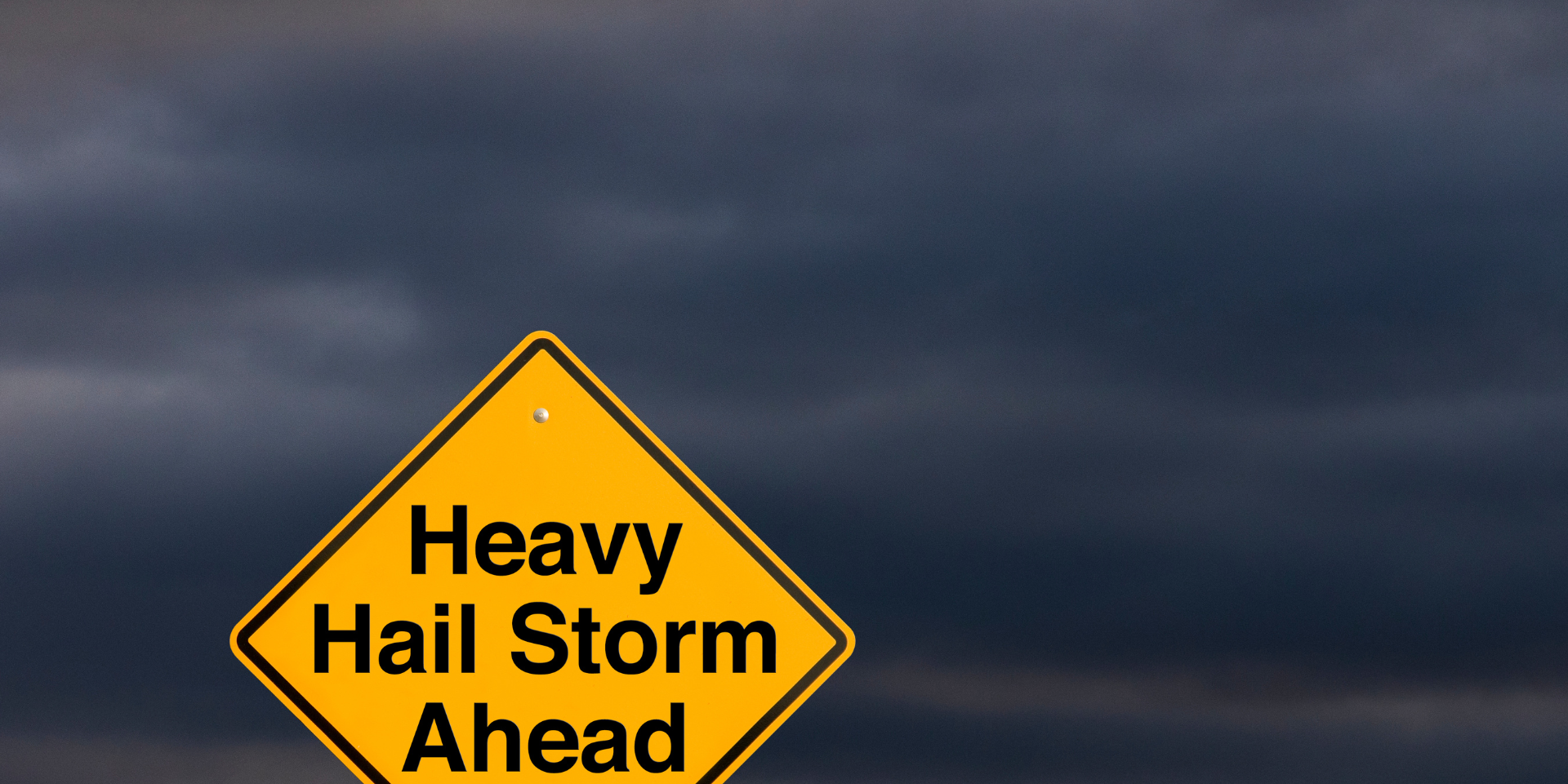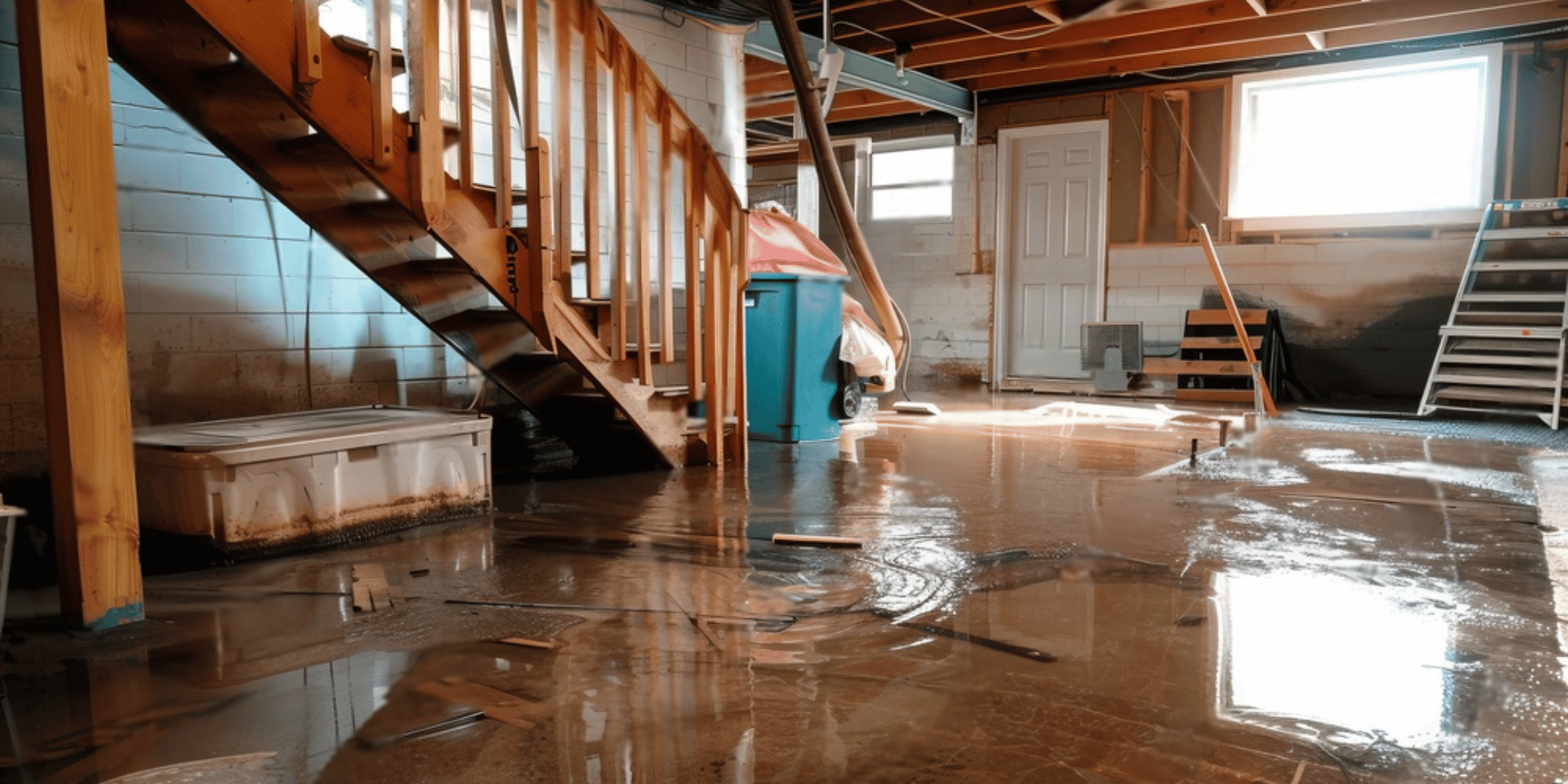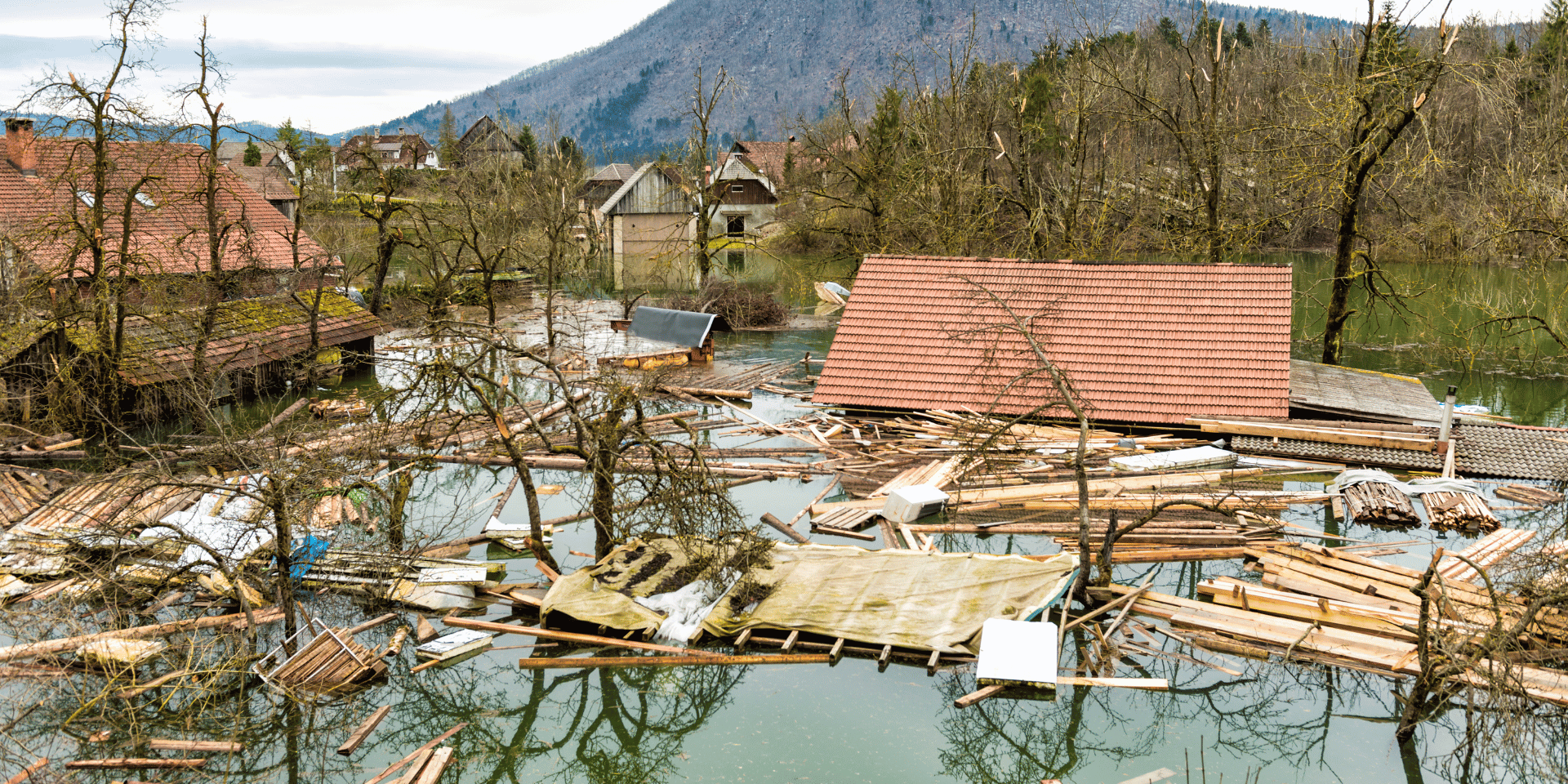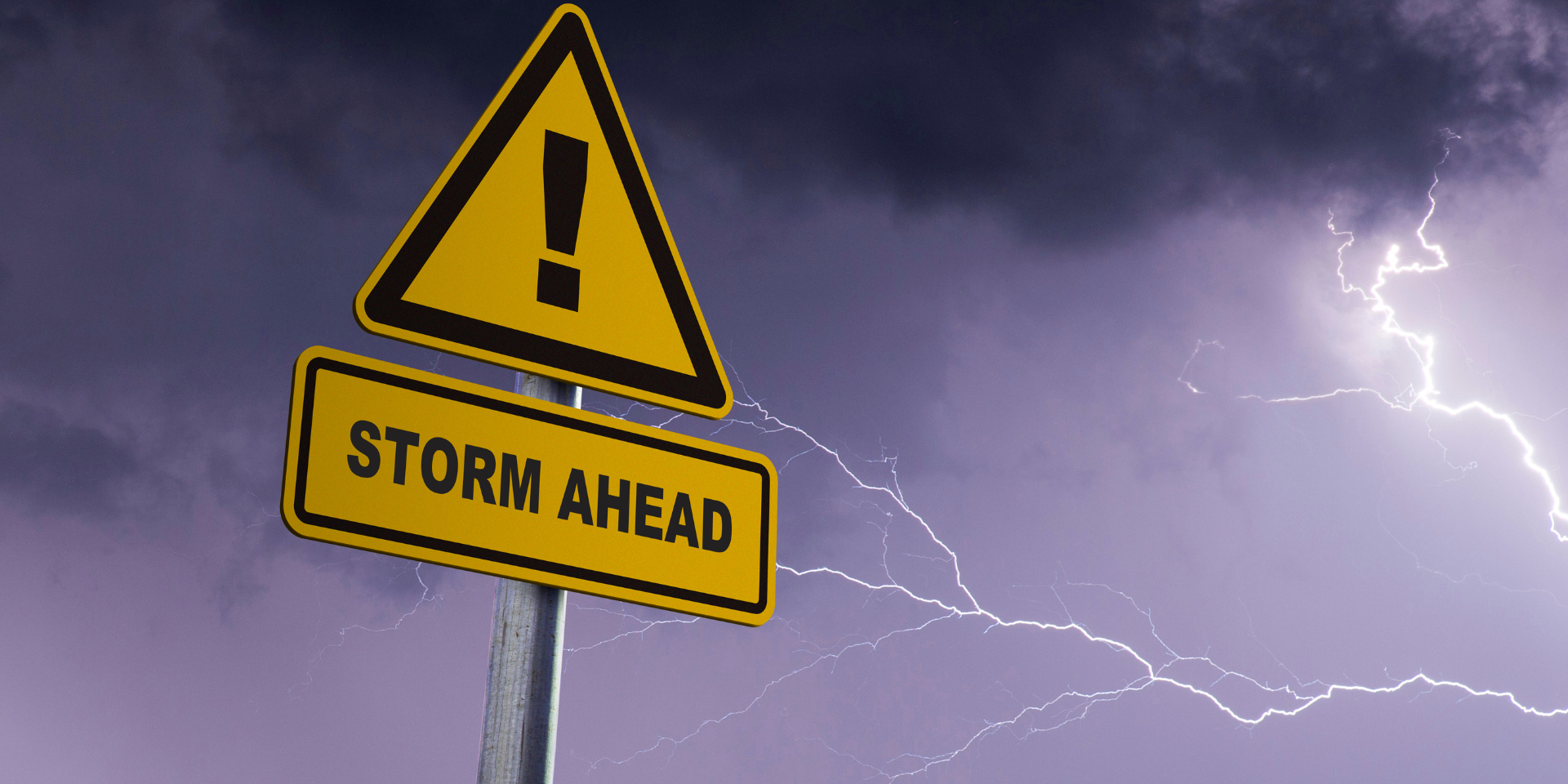Storms are magnificent but dangerous natural occurrences that have the power to cause immense damage. Storms can cause a variety of property damage due to their unrelenting power, whether it be from the wind or the water. We will examine the various types of property damage caused by storms in this extensive guide, including wind, water, flood, structural, and roof damage. Property owners can more effectively prepare for and lessen the impact of storms on their properties by being aware of these kinds of damage.
Wind Damage
Hurricanes, tornadoes, and intense thunderstorms can all cause wind damage, which is one of the most frequent forms of storm damage. Strong winds have the ability to rip off roofing components, such as tiles or shingles, leaving houses open to structural damage and water intrusion. Strong winds can also propel flying debris that seriously damages doors, windows, and siding, adding to the devastation already caused by storms.
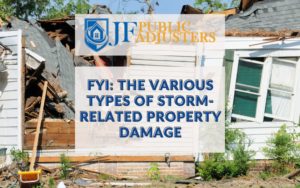
Flood Damage
One of the most destructive effects of storms is flooding, particularly in low-lying areas and those close to bodies of water. Unprecedented coastal floods caused by storm surges and heavy rainfall can submerge entire properties and seriously damage foundations, electrical systems, and buildings. Understanding the various forms of flood damage is crucial for determining insurance coverage and putting in place the right mitigation strategies to safeguard buildings and occupants.
Structural Damage
Storm-related structural damage is a frequent aftereffect that arises from the tremendous force of wind and water acting on buildings and supporting structures. There is a serious risk to the safety of the occupants and nearby properties when walls, foundations, and support beams become weak and potentially collapse. It is imperative to promptly attend to structural issues following a storm in order to guarantee the stability and safety of any impacted structures.
Water Damage
Another common type of property damage caused by storms, especially hurricanes and intense rain, is water damage. Homes can sustain extensive damage to walls, floors, and personal belongings when water seeps in through windows, doors, or compromised roofs. Hurricane-related storm surges have the potential to engulf coastal communities, submerging homes and resulting in extensive flooding. Additionally, the presence of standing water can promote the growth of mold, endangering the health of the occupants and further weakening the structural integrity of the building.
Roof Damage
One of the most upsetting effects of storms is often roof damage, which can include broken or missing tiles, missing shingles, or even the collapse of the roof. Strong winds have the ability to remove roof coverings, leaving houses open to water intrusion and additional structural damage. Strong wind-driven debris and tree limbs can also seriously harm roofs, necessitating immediate repairs to restore the structure’s weatherproof layer.
In summary, storms have the potential to cause a variety of property damages, such as wind, water, flood, structural, and roofing damage. In order to prepare for and lessen the impact of storms on their properties, property owners must have a thorough understanding of these various types of damage. Property owners can protect their investments and reduce the risks connected with severe weather events by putting in place the proper mitigation measures and making sure they have enough insurance coverage.
If your property sustained any of these types of damage from a storm event and you are considering filing an insurance claim, speak to a public adjuster. At JF Public Adjusters, we manage insurance claims of both residential and commercial clients with 2 primary goals: to achieve the best possible settlement and to provide seamless claim experience for our clients.
Consultation is FREE. Call or text (917) 272-8793 or schedule a call using our contact form.
GET IN TOUCH!
The Leading Property Damage Experts Are Here To Help
CONTACT NEW YORK’S HIGHEST RATED PUBLIC ADJUSTER IMMEDIATELY BY CALLING OUR OFFICE OR BY COMPLETING THE FORM.
CALL US FOR FREE

